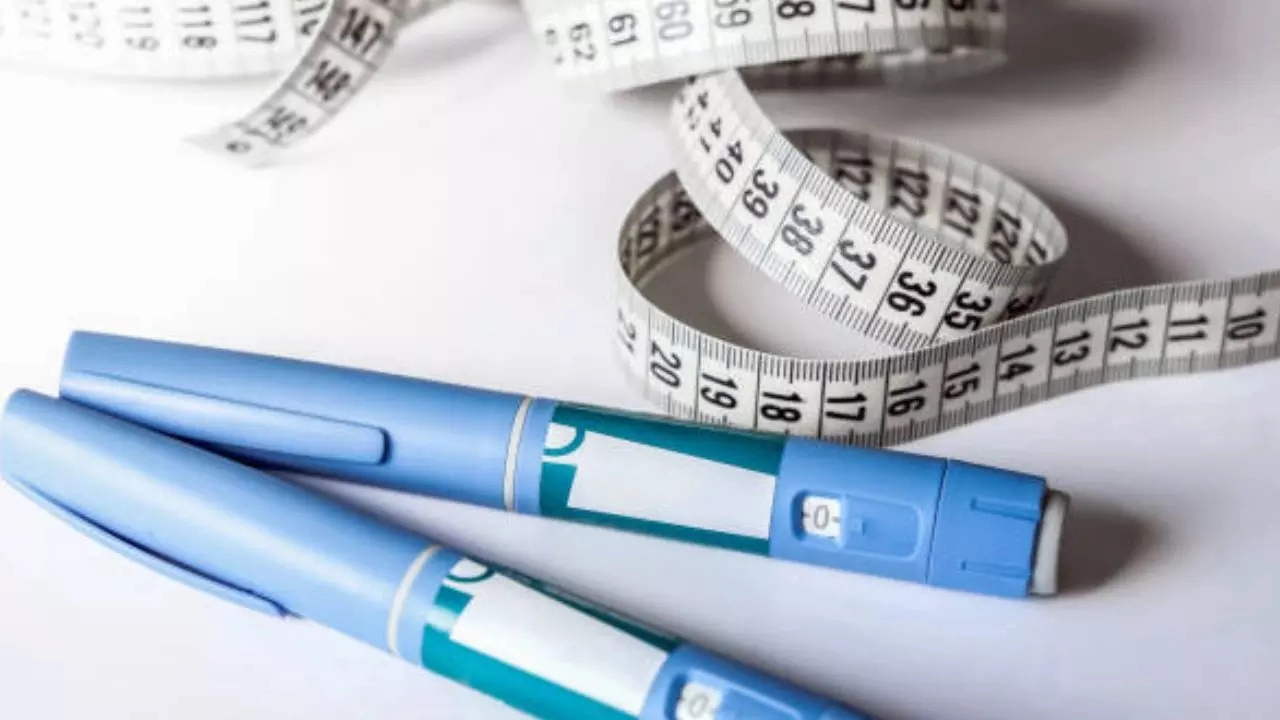News
Weight-Loss Surgeries Drop 25 Percent As Americans Opt For GLP-1 Medications

Weight-Loss Surgeries Drop 25 Percent As Americans Opt For GLP-1 Medications (Image Credits: iStock)
A new report indicates that the increasing popularity of GLP-1 medications, such as Wegovy and Zepbound, is leading to a significant reduction in weight-loss surgeries among Americans. The report highlights that prescriptions for this class of diabetes and weight-loss medications more than doubled from 2022 to 2023.
Led by Dr. Thomas Tsai, an assistant professor of surgery at Harvard Medical School in Boston, the study found a notable 25.6 per cent decline in patients opting for metabolic bariatric surgery during the same period. This trend coincides with the U.S. Food and Drug Administration’s approval of Wegovy in mid-2021, the first GLP-1 medication specifically designed for weight loss. Following this approval, sales of Wegovy and similar drugs, including Ozempic, Mounjaro, and Zepbound, have surged dramatically.
These GLP-1 medications have been recognized for their effectiveness in promoting rapid weight loss by inducing a sense of fullness, leading patients to consume fewer calories. Prior to the introduction of these medications, Americans seeking to lose weight primarily relied on diet and exercise or surgical options. However, the advent of the "Ozempic era" appears to be reshaping the landscape of weight-loss treatments, according to Tsai's team. They observed that some health systems have even closed hospital-based metabolic bariatric surgery programs due to decreased demand for such procedures.
To analyze these trends more quantitatively, the researchers examined medical records from over 17 million Americans insured through private plans or Medicare Advantage, all of whom were non-diabetic but classified as obese. The study tracked prescription trends for GLP-1 medications used for weight loss during the last six months of 2022 and 2023, alongside the rates of bariatric surgery in the same time frame.
The findings reveal that prescriptions for GLP-1 medications rose by 132.6 per cent, while rates of bariatric surgery decreased by 25.6 per cent. However, the study raises questions about the sustainability of these trends. While medications like Wegovy and Zepbound are effective, Tsai and his colleagues warn that their high cost and gastrointestinal side effects may lead to treatment discontinuation and potential weight regain.
Additionally, the demand for weight-loss medications has exceeded supply, suggesting that if the ongoing national shortages of GLP-1s continue, the number of patients turning to weight-loss surgery might rise again. In light of these observations, Tsai's team emphasizes the importance of policymakers and clinicians closely monitoring the balance between pharmacological and surgical approaches to obesity management, ensuring optimal access to effective treatments.
The findings were published on October 25 in the journal JAMA Network Open.
Get Latest News Live on Times Now along with Breaking News and Top Headlines from Health and around the world.
Our Blogs
Our Recent News

Why Does Running Outdoors Feel Harder Than On A Treadmill?
While running inside and outside both have their own benefits and drawbacks, there’s no denying that...

California Case Is the First Confirmed H5N1 Bird Flu Infection in a US Child
The child attends daycare and lives in Alameda County, which includes Oakland and surrounding commun...

Chinese Scientists Report 'Promising Results' From Novel Alzheimer's Surgery; Here's How
The LVA surgery was first conducted on a 76-year-old man with moderate Alzheimer’s and subsequently,...

